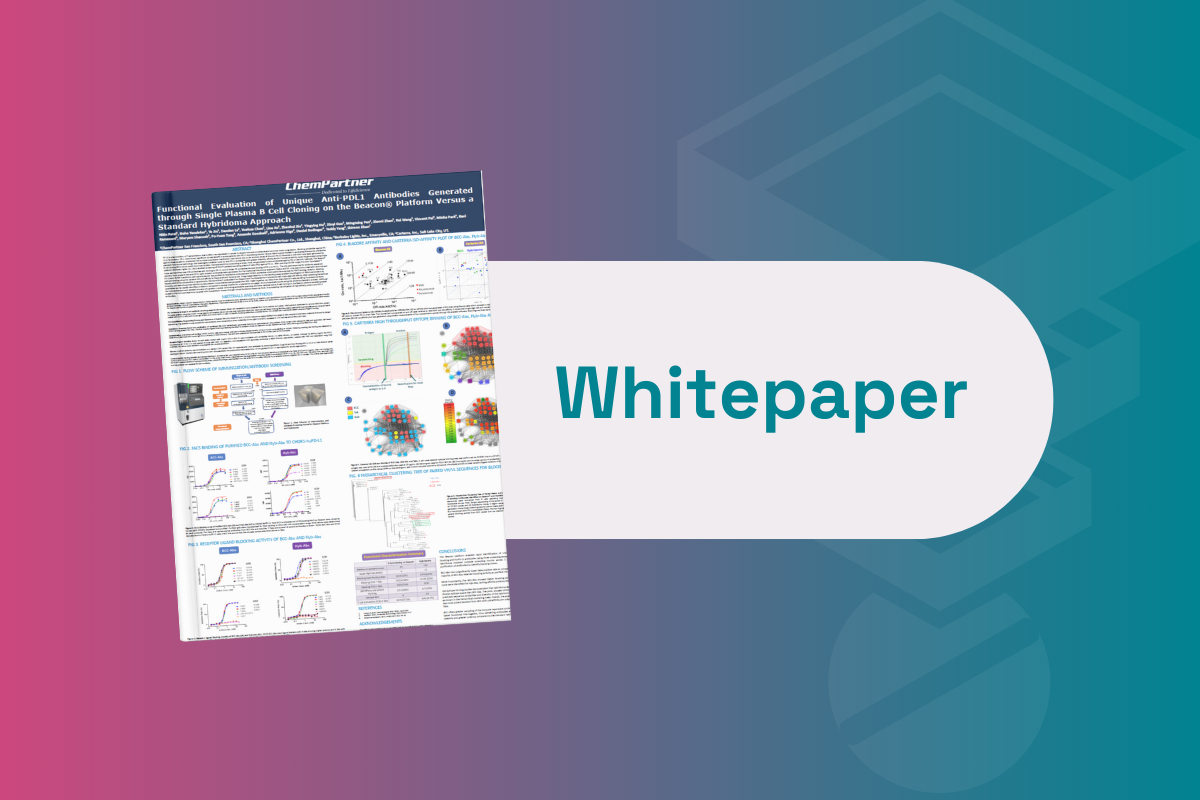Expanding the Use of AI in Healthcare Services

In recent years, the healthcare industry has witnessed a significant shift towards incorporating artificial intelligence (AI) technologies to improve patient care, accessibility, and efficiency. In this article, we take a look at some notable recent new developments in the world of AI integration in healthcare services and the potential utility of an AI healthcare assistant.
Wellen's Generative AI Tool for Bone Health
Wellen's commitment to building a fracture-free future for women suffering from osteoporosis and osteopenia has led to the integration of a generative AI chatbot into their platform. Powered by OpenAI's LLM ChatGPT, this AI chatbot employs advanced language learning models, drawing on data from Wellen's expert-reviewed "Well Guide."
The chatbot becomes a knowledgeable companion, providing users with valuable resources on bone health and personalised strength training programs. By leveraging OpenAI's API and LangChain framework, the chatbot creates embeddings, facilitating seamless information retrieval and offering quick, accurate responses.
Notably, the AI chatbot's ability to interpret user intent and remember historical interactions makes it an invaluable source of information and guidance. It offers answers to specific questions while providing lifestyle and nutritional recommendations. This user-friendly and informative interface represents a significant step forward for patients, fostering ease of use and accessibility.
Navina's AI Assistant Empowering Primary Care
Recognising the importance of supporting primary care providers, Navina has unveiled an innovative AI healthcare assistant designed to alleviate administrative burdens and enhance patient care. This generative AI platform equips primary care providers with actionable insights into patient health status and care recommendations, all communicated in the natural language of primary care.
This new AI assistant has been designed to address the issues which arise with provider burnout, which has been a persistent challenge, particularly after the COVID-19 pandemic. Navina's AI assistant aims to reduce tedious workloads for primary care providers by leveraging AI to pull insights from various data sources, including individual patient data, clinical guidelines, health information exchange, claims data, and scanned documents.
By instantly providing physicians with answers to patient-related queries, the AI assistant significantly improves workflow efficiency and facilitates more meaningful patient-provider interactions. This approach promotes a value-based care model, where physicians can focus more on delivering quality care and building stronger connections with their patients.
Future Outlooks for the Use of AI in Healthcare
The use of AI in healthcare may extend to the integration of AI chatbots and assistants into healthcare services, holding immense promise for the future of patient care and medical practice. As these technologies continue to evolve, we can expect even more sophisticated AI healthcare assistants that can handle complex medical scenarios, contribute to quicker and more accurate diagnoses, and facilitate personalised treatment plans. By leveraging AI's capabilities, healthcare providers can enhance patient outcomes, reduce administrative burdens, and make healthcare services more accessible to a broader population.
However, it is crucial to strike a balance between technology and human touch. While AI chatbots bring undeniable benefits, they should complement and enhance human interactions rather than replace them entirely. Ethical considerations, data privacy, and security will also remain critical as AI integration expands further in the healthcare landscape. By addressing these challenges and harnessing the full potential of the use of AI, the healthcare industry can embark on a future where AI chatbots work hand in hand with healthcare professionals to provide comprehensive, patient-centred care.
Get your regular dose of industry news and announcements here, or head over to our PharmaTec homepage to catch up with the latest advances in cellular therapies. To learn more about our upcoming Mobile Robotics conference, visit our event website.






